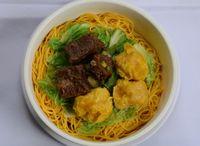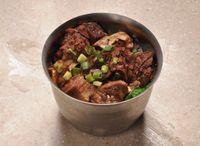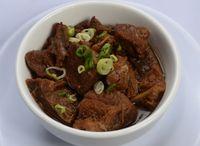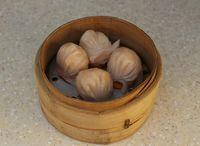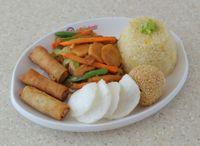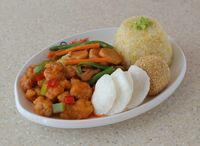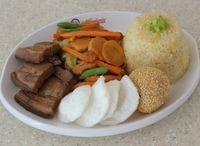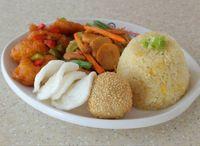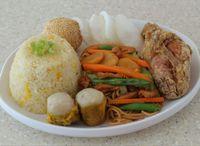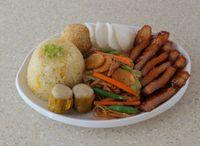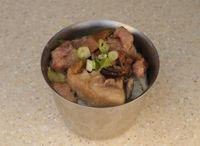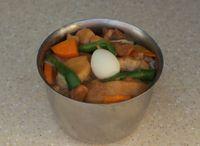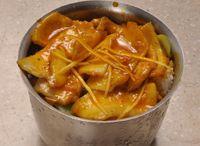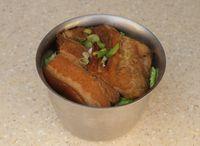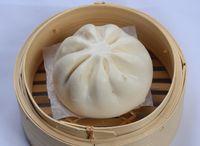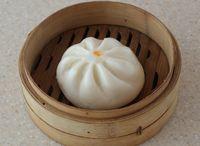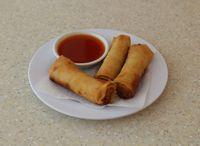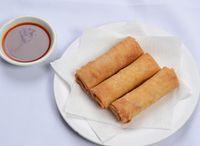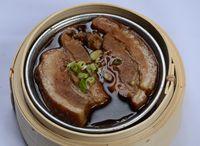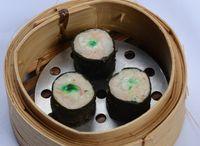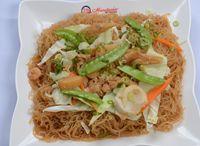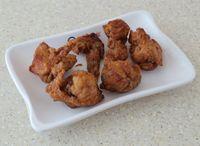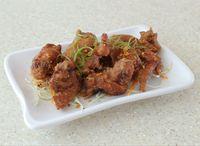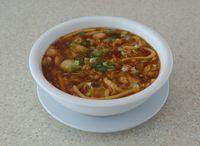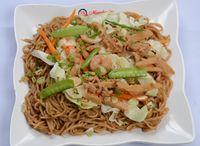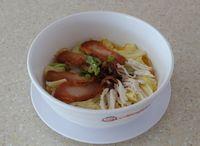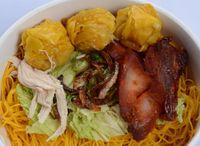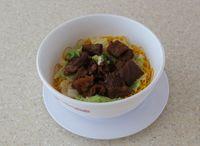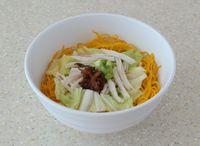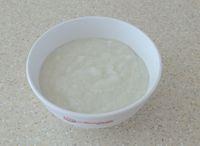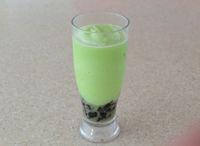Hello Mandarin Tea Garden lovers, are you looking for the latest Mandarin Tea Garden Menu? You have arrived at the right place then. We have uploaded their complete menu with pictures & updated prices. Below you will find the latest Lists of Mandarin Tea Garden Menu 2024 Philippines with prices.

Mandarin Tea Garden Menu Philippines With Price List
Popular
Combo Meals
Their combo meals, starting at just ₱262, offer a fantastic value for money. Combo A to Combo F, with prices ranging from ₱262 to ₱338, cater to various tastes and preferences. Indulge in a satisfying dining experience without emptying your wallet at Mandarin Tea Garden Menu Prices Philippines.
Rice Toppings
Their menu boasts a wide array of mouthwatering dishes, from savory Beef Brisket Rice at ₱220 to the flavorful BBQ Porkchop at ₱227. Whether you’re craving classics like Chicken Mushroom Rice (₱207) or want to explore unique flavors like Curry Squid (₱213), this restaurant offers something to satisfy every palate. Don’t miss out on their budget-friendly Plain Rice for just ₱65.
Dimsum
From the savory Asado Siopao and Chicken Siopao, both priced at ₱65, to the mouthwatering Crispy Spring Roll at ₱149, this restaurant boasts an extensive menu of flavorful dishes. Whether you’re in the mood for the delightful Humba at ₱166 or the tantalizing Shark’s Fin Dumpling for ₱139, Mandarin Tea Garden is a culinary haven. Don’t forget to try their Buchi for ₱72 or the Steamed Fish Fillet at ₱139.
Short Orders
They offer a mouthwatering array of dishes, including Bihon Guisado, Chopsuey with Seafoods, Crispy Buttered Chicken, and more, all at reasonable prices. Don’t miss their signature Salted Egg Yolk Chicken and Hot And Sour Soup.
Noodles
Their menu boasts an array of mouthwatering options, including the flavorful Asado Chicken Noodle Soup for just ₱200 and the satisfying Beef Wanton Noodle Soup priced at ₱227. Whether you’re craving the comforting warmth of Chicken Mami for ₱186 or the savory delight of Beef Brisket Noodle Soup for ₱220, this restaurant has something to satisfy every palate.
Congee
Shakes
Ice Blend
Drinks
Mandarin Tea Garden Alternative Restaurants
Mandarin Tea Garden Opening & Closing Hours
| Monday | 8:00 – 19:00 |
| Tuesday | 8:00 – 19:00 |
| Wednesday | 8:00 – 19:00 |
| Thursday | 8:00 – 19:00 |
| Friday | 8:00 – 19:00 |
| Saturday | 8:00 – 20:00 |
| Sunday | 8:00 – 20:00 |
Who owns Mandarin Tea Garden?
Mandarin Tea Garden, look no further than the Uptown Plaza Corporation. This charming casual dining spot, known for its authentic Dimsum and Asian-inspired cuisine, falls under the capable management of Uptown Plaza Corporation, a subsidiary of a group with a track record of ten thriving fast food ventures. At Mandarin Tea Garden, they prioritize top-notch quality, fresh flavors, warm hospitality, an elegant setting, and a vibrant atmosphere to ensure a memorable dining experience.
Who is the founder of Mandarin?
Delving into the origins of the beloved Mandarin restaurant, we find its inception dating back to December 8, 1979, thanks to the culinary visionaries James Chiu, George Chiu, K.C. Chang, and Diana Chiu. These seasoned individuals brought with them a wealth of restaurant expertise garnered from their years of experience in the vibrant culinary scenes of Montreal and New York. It’s this rich history and dedication to exceptional dining that has made Mandarin the cherished establishment it is today.
What nationality is Mandarin?
Mandarin is the official language of the People’s Republic of China and Taiwan. It’s not just confined to these two places; it also holds the status of being one of the four official languages in Singapore. Moreover, you might be surprised to know that Mandarin is even utilized as one of the official languages at the United Nations. So, when it comes to Mandarin, its nationality is firmly rooted in the realms of China, Taiwan, Singapore, and the global diplomatic stage.
Which country owns Mandarin?
Mandarin stands as the official state language of China, and it’s the most commonly spoken Chinese dialect within the nation. You’ll hear Mandarin resonating through the bustling streets of major Chinese cities like Beijing and Shanghai. But the influence of Mandarin doesn’t stop at China’s borders; it extends its reach to places like Singapore and Taiwan, where it enjoys a significant presence.
